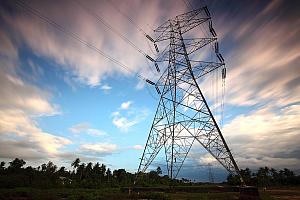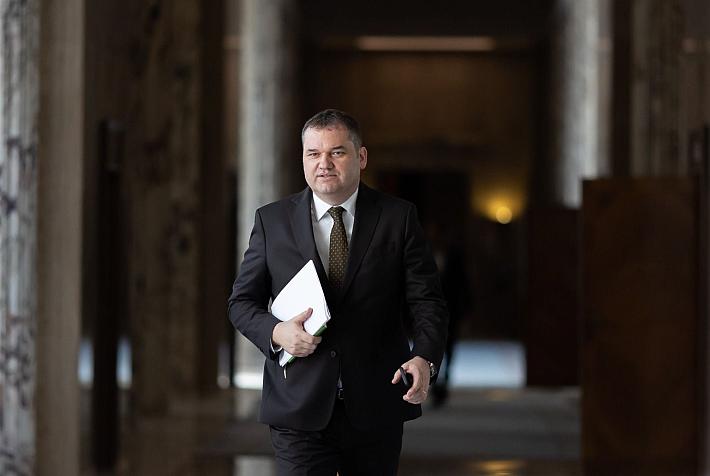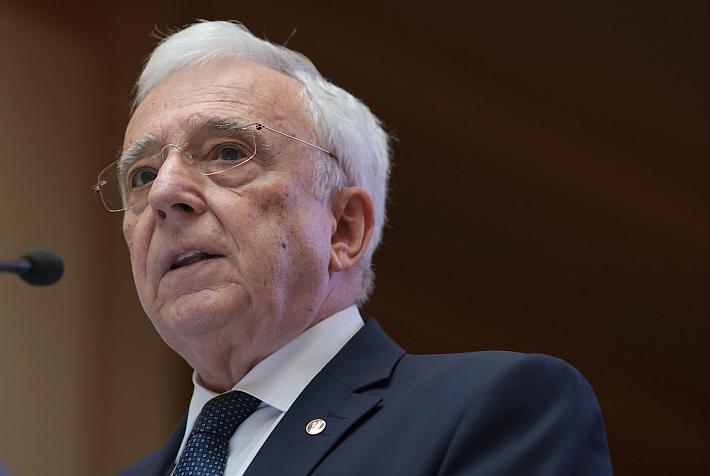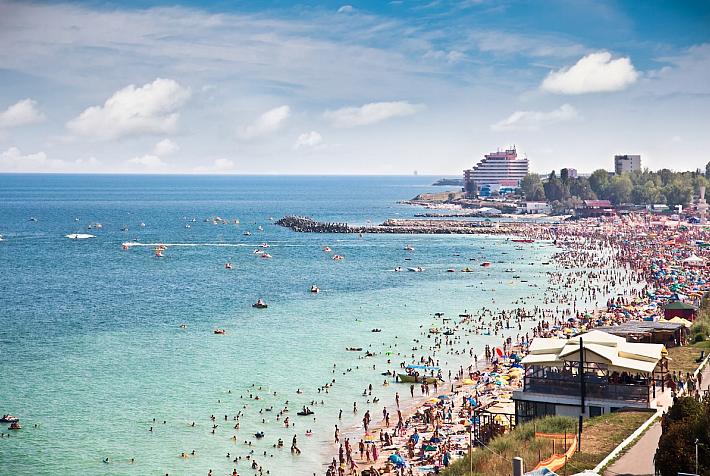Romania's residential electricity market fully liberalizes as of January
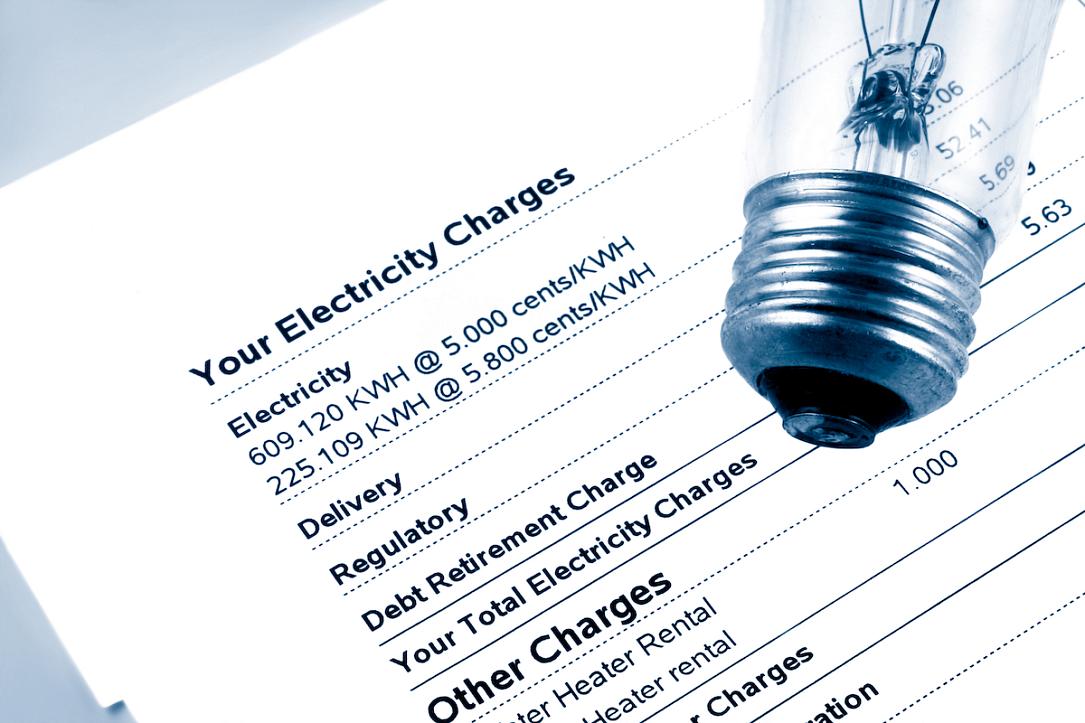
As of January 2021, all Romanian households will be supplied with electricity under a free market contract. Still, many of them are not aware yet and will most likely continue to be supplied under a so-called "universal service" contract under the universal access clause, which is in principle designed for other purposes such as clients in remote areas or when the market supplier fails to meet its obligation.
NGOs in the energy sector imply that this might lead to abuses from the supplier of last resort - those held responsible for delivering universal services under contracts subject to consultations but not control of the energy regulator ANRE. Such consultations, involving the price paid by a large part of Romanian households after January 1, are still not completed less than two weeks before the end of the year.
Those who fail to close a market contract as of January do not risk power outage, but will pay more under the universal service contract, explains Dumitru Chisalita, president of Intelligent Energy Association (AEI), quoted by Bursa daily.
The final prices for consumers in this universal service would be formed based on the suppliers' energy purchase prices. The suppliers are currently still in final discussions with ANRE to establish the exact method of calculating this universal service price.
ANRE, the regulator in the energy market, would no longer influence the price of the universal service for the household consumer, except for distribution and transport tariffs.
ANRE has not yet communicated the final tariffs for the universal service. Meanwhile, it has increased the transmission tariffs (for Transelectrica) and distribution fees on December 9, and these higher tariffs will also influence the final price for the universal service.
Consumers who are not satisfied with the universal service price can choose any other supplier or price in the market.
The final consumers will have a choice, most likely by the end of January, to remain under the universal service coverage or accept the free market offer of the supplier with which they now have contracts in a regulated regime, Bursa daily reads. But the same reasons that have led to poor awareness among households about the January 1 liberalization might also prevent households from making a decision by the end of January. And this is when the suppliers will be able to assign users to whatever contracts they decide, most likely at higher prices.
AEI's president Chisalita argues that the universal service clause does not apply to the situation at the end of this year. The suppliers will have the option to assign the residential users directly to an arbitrary contract, he claims.
"This whole idea of universal service is a fabrication. The law does not provide for such a thing, a universal service [in this case]. Things are simpler, and this is a lie. Those who will not object or change the provider until December 31, 2020, starting with January 1, 2021, will 'benefit' from a contract under the electricity supplier's terms. We may call it universal service or not. The idea is that the price is set by the supplier and not by the regulator," he explains.
The suppliers' practices during the limited liberalization period support the NGOs' concerns about possible abuses. For the past couple of days, they were allowed to sign free market contracts with residential consumers.
editor@romania-insider.com
(Photo source: Dreamstime.com)






